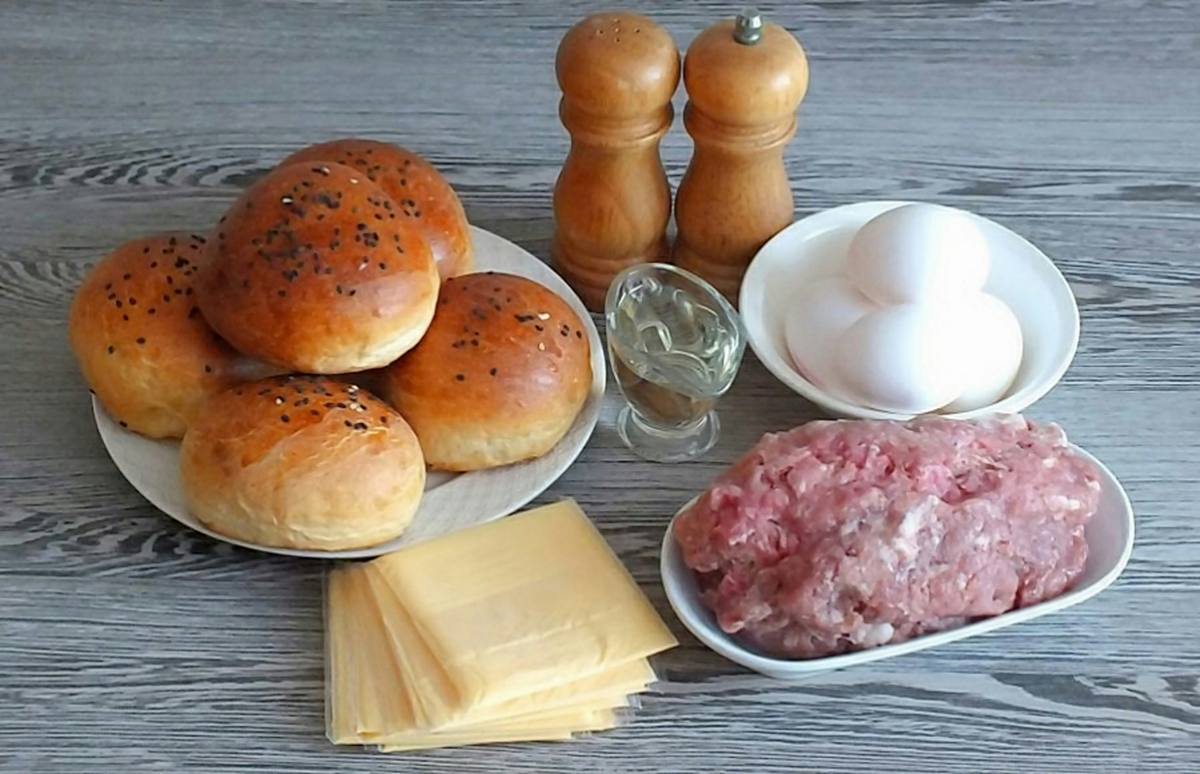Starting Your Do It Yourself Food Business
Embarking on a Do It Yourself (DIY) Food business journey can feel like navigating through a bustling market, full of flavors, with each alleyway offering a new spice of opportunity. The first step is to marinate your concept thoroughly, letting your unique idea simmer until it's rich in aroma and ready to serve. Picture your food venture as a garden where every dish is a blooming flower, nurtured by creativity and passion. Ensuring you have a clear recipe for success involves understanding the legalities, sourcing high-quality ingredients, and mastering the art of presentation. Imagine creating an experience that not only tantalizes the taste buds but also feeds the soul, transforming every bite into a story worth sharing. With dedication and a dash of innovation, your DIY Food business can grow from a seedling idea into a bountiful feast that invites people from all walks of life to gather around your table.

The Challenge of Funding and Budgeting
Stepping into the world of DIY food business can feel like navigating through a maze without a map. One of the first hurdles you'll encounter is securing sufficient funding. It's not just about having enough to start, but also ensuring you can sustain operations until you become profitable. This requires meticulous budgeting and a clear understanding of your financial needs. Without this, even the most passionate entrepreneurs can find themselves struggling to keep their culinary dreams alive.

Navigating Health Regulations and Permits
The complexity of health regulations and permits is another challenge that cannot be underestimated. Each locality has its own set of rules governing food safety and preparation. Getting your kitchen up to code can be both time-consuming and costly, but it's essential for protecting your customers and your business. Often, aspiring food entrepreneurs find themselves caught off guard by unexpected requirements. This aspect demands thorough research and possibly expert guidance to navigate smoothly.

Building a Strong Brand Identity
Your brand is more than just your logo or product; it's the emotional experience your customers associate with your business. Creating a strong brand identity from the get-go is crucial. It helps differentiate your offerings in a crowded market and fosters customer loyalty. However, many new entrepreneurs underestimate the effort needed to create a compelling brand narrative. It's about storytelling, aesthetics, values, and creating an experience that resonates with your audience.
Perfecting Your Product Line
The heart of any food business lies in its products. Developing a lineup that's both unique and appealing requires extensive experimentation, feedback gathering, and refinement. This process can be lengthy and sometimes disheartening as you work through iterations to find what truly works. Additionally, there's the challenge of scaling recipes from kitchen batches to commercial production without compromising quality. Achieving this delicate balance is key to establishing your mark in the food industry.

The Importance of Effective Marketing
In today's digital age, effective marketing can make or break a business. Yet, mastering digital platforms and understanding how to reach your target audience effectively is no small feat. It involves creating engaging content, understanding SEO, leveraging social media, and often paid advertising. For DIY food entrepreneurs particularly, storytelling around the uniqueness of their product becomes pivotal. Without a solid marketing strategy, even the most delicious products might remain hidden gems.
Boost campaigns with 250+ editable templates. Save, reuse, and wield design tools for business growth.
Try it for FREE!Managing Supply Chain Complexities
A reliable supply chain is the backbone of any successful food business. However, sourcing quality ingredients at favorable prices can be challenging for newcomers who lack volume-based negotiating power. Disruptions in the supply chain can also lead to inventory issues or force changes to your product lineup on short notice. Building strong relationships with suppliers and developing contingency plans are critical steps in mitigating these risks. Understanding this aspect of the business requires patience and savvy negotiation skills.

Maintaining Consistency in Quality
Consistency is what turns first-time buyers into loyal customers. However, maintaining consistent quality as you scale production is one of the most significant challenges DIY food businesses face. Variation in ingredient quality, human error during production, or deviations in recipes can all affect the final product's consistency. Implementing strict quality control measures and standard operating procedures are essential steps in overcoming these obstacles. Remember, quality should never be compromised for quantity.
Leveraging Technology for Efficiency
Incorporating technology into operations can significantly enhance efficiency and productivity for DIY food businesses. From inventory management systems to customer relationship management (CRM) software, technology offers solutions that streamline processes and save time. Yet, selecting the right tools that fit your specific needs without overwhelming your budget presents its own challenge. For instance, utilizing Desygner for designing promotional materials allows you to create professional-quality graphics without needing extensive design skills or expensive software packages--underscoring how carefully chosen tech solutions empower businesses to focus more on their passion than paperwork.
Embarking on Your DIY Food Business Journey
As we wrap up our guide on starting a DIY food business, it's clear that passion and preparation are key ingredients to your success. The journey from concept to a thriving business is both exhilarating and demanding. Yet, with the right approach and mindset, your culinary dreams can become a tangible reality. Remember, every great venture starts with a single step, fueled by passion and guided by careful planning.
To ensure your DIY food business flourishes, consider these essential tips:
- Identify a unique selling proposition (USP) that sets your product apart.
- Understand your target market and tailor your offerings to meet their needs.
- Create a detailed business plan outlining your vision, goals, and strategies.
- Comply with all local health and safety regulations to ensure your products are safe for consumption.
- Develop efficient production processes to maintain consistency and quality.
- Invest in attractive packaging that reflects your brand's identity, possibly using tools like Desygner for professional designs.
- Build an online presence through social media and a dedicated website to reach a wider audience.
- Consider various distribution channels - from farmers' markets to online platforms - to maximize visibility.
Your dedication and commitment are crucial as you navigate the challenges of starting and growing your DIY food business. By embracing innovation, continuously refining your offerings, and staying true to your brand's values, you will cultivate a loyal customer base eager for your creations. The road ahead may be filled with obstacles, but with determination and the right strategies, success is within reach.
In closing, remember that resources like Desygner can play a pivotal role in crafting the visual identity of your brand. High-quality visuals are not just an embellishment; they communicate the essence of your brand and can significantly impact consumer perception. As you embark on this exciting journey, consider signing up at Desygner to elevate your brand's presentation and connect more effectively with your target audience.


